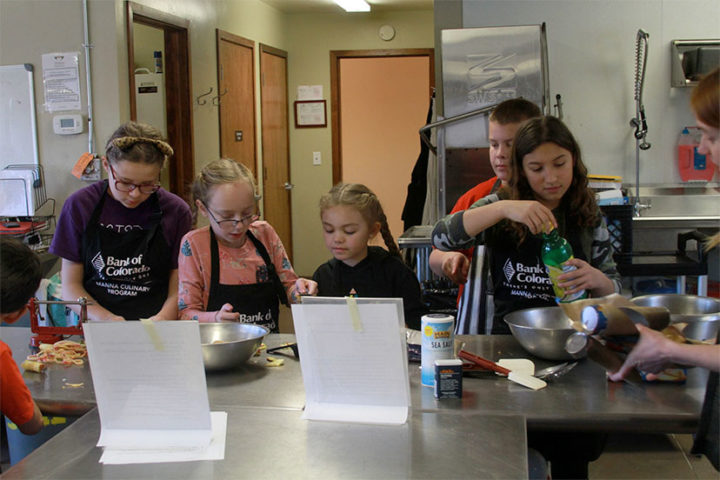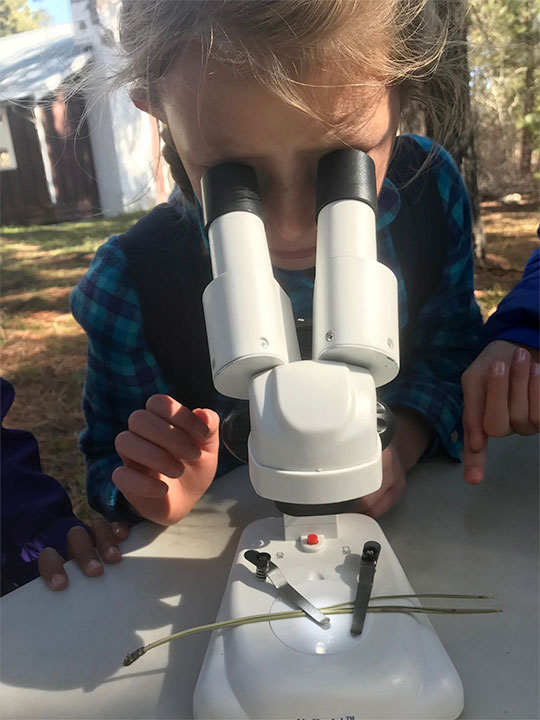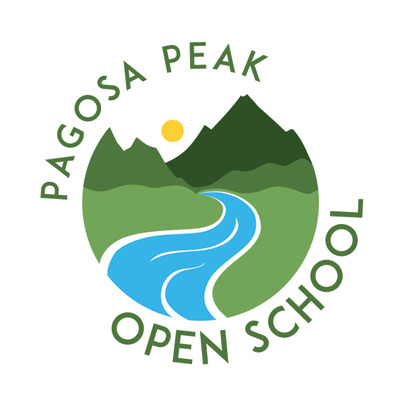What is Project-Based Learning?

PBL is not merely an excellent tool for learning academic skills; it also strengthens a child’s ability to successfully collaborate, and to persevere in the face of challenges. As we see it, PBL is an excellent way to prepare children for “real life.”
PBL is essentially intensive hands-on learning with minimal direct instruction… it requires all students to become experts on what their studying; it demands a significant amount of revision of work, meaningful classroom and community critiques, and carries the expectation that every child is capable of producing high quality work.
 When kids are given the opportunity to absorb, master, and go beyond the basic learning material, learning becomes more meaningful and empowering.
When kids are given the opportunity to absorb, master, and go beyond the basic learning material, learning becomes more meaningful and empowering.
Public presentations are created by the students for an audience beyond the classroom, compelling students to reflect on and articulate what they’ve learned, how they’ve learned, explain the research they conducted, their areas of strength, and their struggles. Students present their projects for their classmates regularly, and for the community at least semi-annually. These presentations are an opportunity to make learning public, so that it is even more meaningful and memorable – and thus, more valuable.
Some guiding principles we use at PPOS to design Projects:
- Is the project based on a problem, question, interest, or issue that is meaningful to the student?
- Does the project provide the student with opportunities to produce, demonstrate, or perform something that has value either within the school community or the community at large?
- Does the project cause the student to learn and apply knowledge/skills related to one or more academic disciplines?
- Does the student experience, through either research and/or solving a problem, one or more disciplines? (For instance, think like a scientist, historian, artist, or writer.)
- Does the project cause the student to learn about and then apply the life long learning skills of communication, teamwork, critical thinking, problem solving, and listening?
- Does the student meet, observe, and learn from an adult who has relevant content area expertise and experience?
- Does the student use clear project quality criteria (that he or she helped establish) to understand and gauge what he or she is learning?
- Is the student’s work assessed regularly through methods such as exhibitions, portfolios, and student-led conferences?
- Is the community itself a place of study and learning for the student? (Place-based connections)
- Does the project ask for the student to extend his or her skills and understanding – in effect — growing as a learner and as a knowledge giver?
